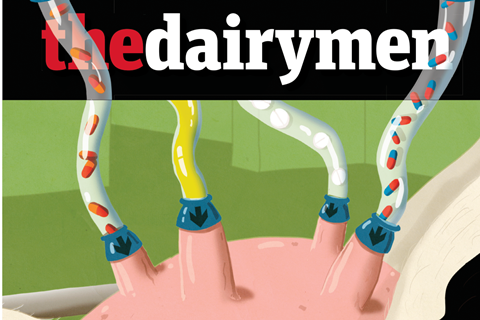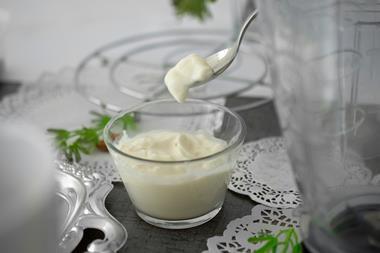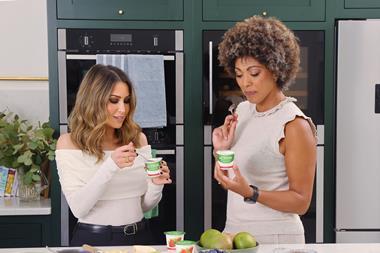
This time last year, a new sense of confidence was emerging for UK dairy, driven by a flurry of acquisitions and investment. More morale-boosting consolidation looked likely – and that has proven to be the case over the past 12 months.
Müller, for example, bought Biotiful Gut Health in what was hailed a “no-brainer”. The brand aligned perfectly with its existing portfolio and offered the chance to expand into new growth areas, Müller said. Yeo Valley CEO Rob Sexton similarly hailed its acquisition of The Collective as a “perfect fit” – and, in our exclusive big interview, lays out plans for the future.
It’s not all good news for dairy, which faces several challenges – from the climate emergency and soaring costs to tumultuous geopolitics and outbreaks of disease.
More from the Dairymen:
-
How Emmi has made a cheese factory of the future in Switzerland
-
Is the EU’s ‘reset’ deal with the UK truly a ‘win-win’?
-
McCormick’s Seán Hanifin on Irish cream liqueur and ‘cow FitBits’
Even well-meaning actions can create problems. Arla found that out with last year’s trial of harmless feed additive Bovaer to cut cows’ methane emissions, which sparked misinformation.
But on top of the acquisitions, there are plenty of reasons for cheer. Take the health agenda. As public concern over UPFs continues to rise, consumers are turning to dairy as a clean-label option.
Already this has buoyed sales of whole milk and natural yoghurt. Similarly, dairy products with added benefits – like protein or gut health – are playing on their natural base.
More Dairymen category reports:
-
Sugar crash: dairy drinks Dairymen 2025 category report
-
Blue bounces back: Dairymen British cheese category report 2025
-
The real big cheese: Dairymen continental cheese category report 2025
On the other end of the spectrum, wholesome cues have been a boon for premium ice cream tubs – sales of which are soaring in grocery. That appetite can also be seen in the successes of the UK’s many great local ice cream suppliers. From Argyll to Cornwall, their commitment to innovation and indulgence is to be applauded.
Amid all this demand for natural, unprocessed lines, you might expect alt-dairy to have suffered. Yet plant-based lines continue to deliver respectable growth, in contrast to meat alternatives.
Investors clearly have a good reason for putting their money behind dairy.



















No comments yet